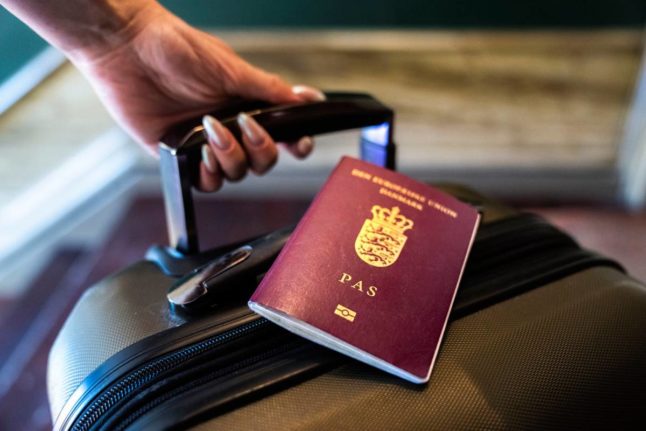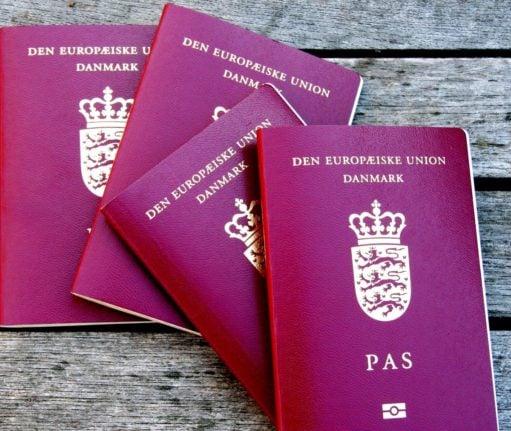When you become a citizen of Denmark, you are eligible to apply for a Danish passport, but it’s not a legal obligation.
READ MORE: How to apply for citizenship in Denmark
This approach offers flexibility for those who may already have a travel document from other nations or do not wish to apply for a Danish passport immediately.
However, while not a legal requirement, there are considerable benefits to holding a Danish passport.
Why it’s a good idea to get a Danish passport
The document allows hassle-free travel across the European Union (EU) and numerous other countries, as it’s a reflection of the country’s strong diplomatic ties worldwide.
While new citizens of Denmark are not restricted to using a Danish passport for international travel travelling with a non-Danish passport might require additional visas or entry permits, depending on the destination.
Therefore, the Danish passport serves as a form of identification, simplifying bureaucratic and ID processes within and outside Denmark.
They also highlight to the Danish border force that you are exempt from any restrictions or requirements when crossing onto Danish soil.
Consular assistance for passport holders
With a Danish passport, you can access consular services and assistance provided by Danish embassies and consulates worldwide.
They effectively extend the reach of Denmark’s government into foreign territories, offering a broad range of services – including emergency assistance, legal services, passport replacement, travel information, and others – that can be vital to Danish passport holders who encounter challenging situations during their travels abroad.
If you face a medical emergency, the consulate or embassy can help you locate medical facilities, contact your family, and provide guidance on dealing with local authorities.
Furthermore, they also offer notarial services such as document legalisations and certifications, often required for legal proceedings in foreign countries.
You can find the contact information for Danish embassies and consulates on this page of the Danish Ministry of Foreign Affairs.
Dual citizenship and passports
Dual citizenship, which refers to people legally recognized as citizens of two countries simultaneously, makes things somewhat different.
READ MORE: What does gaining Danish citizenship mean to dual nationals?
Until 2015, Denmark’s policy was generally against dual citizenship. It required people to renounce their previous nationality when becoming Danish citizens.
In September 2015, Denmark changed its laws to allow dual citizenship. This means that you can now hold Danish citizenship and another nationality without giving up one of them.
Once your second citizenship is granted, provided it’s Danish, you’ll be eligible (though not obligated, as we’ve already explained) to apply for a Danish passport.
You’ll have to follow the standard application process, which involves applying at a local police station in Denmark or Danish consulates abroad if you’re residing overseas.
Furthermore, you’ll need to hand in the required documentation (proof of citizenship, ID, etc.) and pay a fee.
The Local has a deep-dive explainer on the rules for dual-nationals travelling in Denmark, where you can find more details on the issue.



 Please whitelist us to continue reading.
Please whitelist us to continue reading.
Member comments